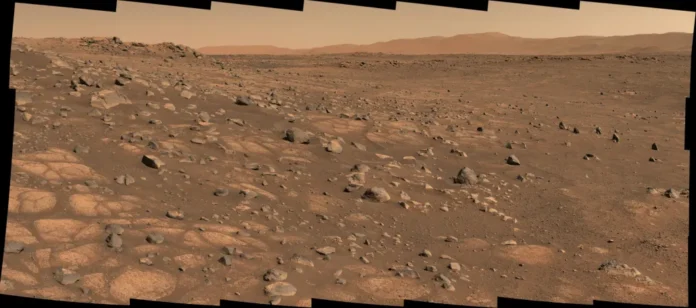Recent studies have raised concerns about the survivability of certain bacteria on Mars, particularly those that can cause diseases in humans. Experiments simulating Martian conditions, including its lack of water, minimal atmospheric pressure, harmful ultraviolet radiation, and toxic salts, have shown that some common terrestrial bacteria can not only survive but potentially thrive on Mars. Specifically, four disease-causing microbes were tested, and three of them exhibited survival capabilities, with one in particular showing significant growth over a 21-day period. This discovery has important implications for astronaut health and the broader goal of preventing the contamination of other worlds during space exploration missions.
The resilience of these microbes highlights the need for stringent planetary protection measures and health safeguards for astronauts on future Mars missions. It’s suggested that astronauts should be equipped with a variety of antibiotics to counter potential infections from bacteria that could survive and mutate on Mars. Moreover, to avoid misinterpreting Earth-originating microbes for Martian life in future exploratory missions, it is proposed that certain regions of Mars should be designated as protected zones, accessible only by robotic probes and not human visitors.
This finding adds to the growing body of research indicating that microbial life, or at least Earth-originating microbes, could potentially endure the harsh Martian environment. Previous studies have identified extremophiles capable of surviving extreme conditions on Earth that could also potentially survive on Mars. This includes Deinococcus radiodurans, known as “Conan the Bacterium,” which is particularly resilient to radiation and could survive underground on Mars for hundreds of millions of years.
The potential for Earth microbes to survive on Mars underscores the importance of carefully planning future missions to avoid biological contamination of the Martian environment. This includes ensuring that spacecraft and equipment are thoroughly sterilized and considering the potential ecological impact of human presence on Mars
